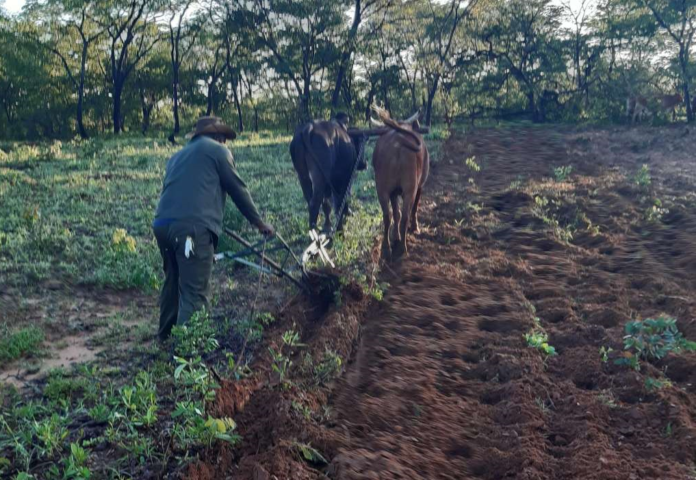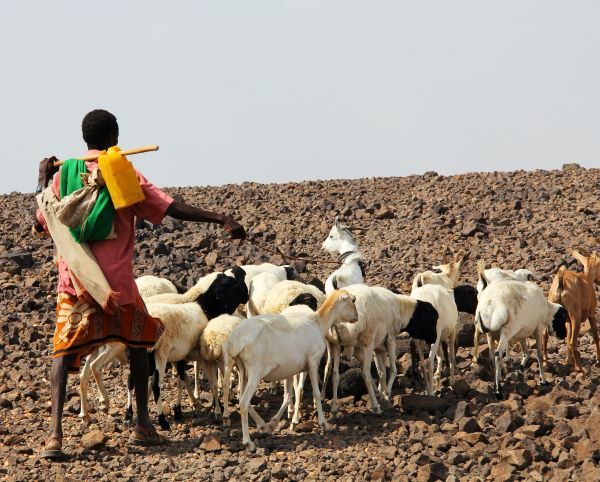World Bank Group member, the International Finance Corporation (IFC) has partnered with Zimbabwean insurance regulator the Insurance and Pensions Commission (IPEC) to develop a market for agricultural insurance products in Zimbabwe to protect smallholder farmers from weather-related crop damage and other shocks.
IPEC commissioner Grace Muradzikwa confirmed the report and said that IFC will assess the risks smallholder farmers face, how they are coping with those risks and will gauge farmers’ appetite for agricultural insurance to protect their livelihoods.
The IFC will also help the IPEC develop a regulatory framework and enabling environment for agricultural insurance and determine the features of insurance products appropriate for Zimbabwe’s farmers. They will also educate Zimbabwe’s insurance providers on best practices from more developed agri-insurance markets.
Key roles
“One of our key roles as the regulator is to develop the insurance sector in Zimbabwe. This partnership has, therefore, come at an opportune time given that the country is prone to climate change-related risks, including extreme weather events such as drought, floods, heavy rainfall and heat waves,” said Grace Muradzikwa.
The Zimbabwe project will draw on the experience of the Global Index Insurance Facility (GIIF), through which the IFC has supported the growth of agriculture and climate insurance markets in Cameroon, Côte d’Ivoire, Mozambique, Nigeria, Senegal, Zambia and elsewhere.
The GIIF is a multi-donor programme managed by the World Bank Group. It was created to address the scarcity of affordable insurance protection against weather and catastrophic risks in emerging countries.
The IPEC develops agricultural insurance solutions that promote sustainable agricultural practices and benefit Zimbabwe’s smallholder farmers. By increasing the penetration of agricultural insurance, the IPEC expects the new programme to speed up the adoption of more resilient and sustainable agriculture practices and boost livelihoods and food security.









